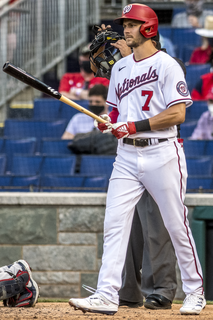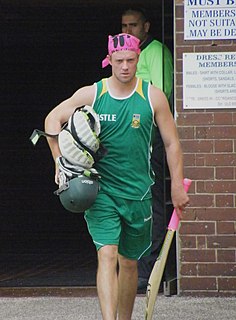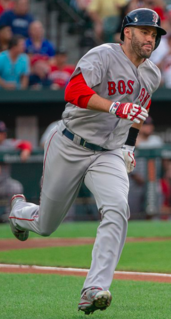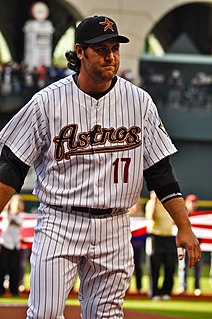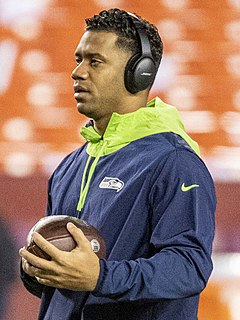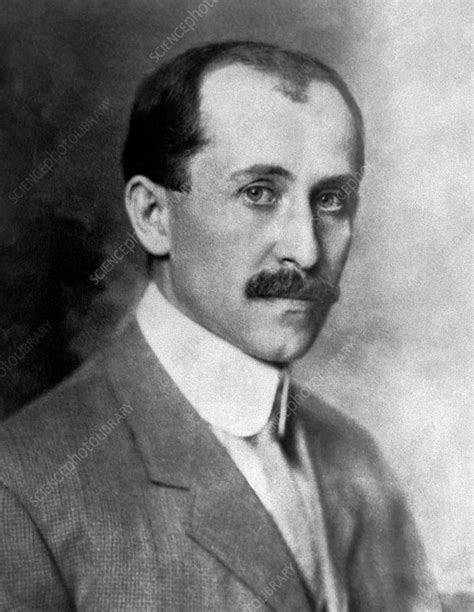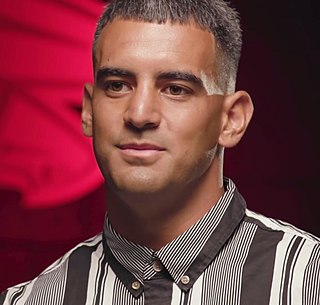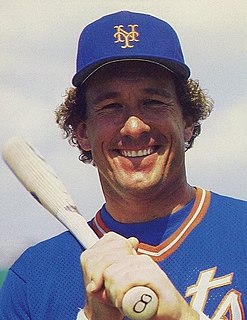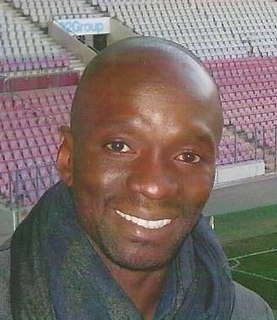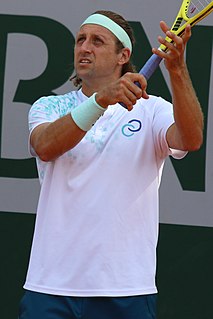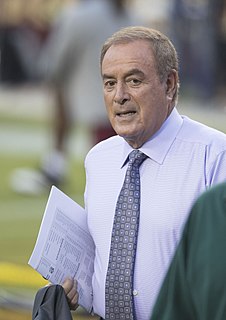A Quote by Trea Turner
You know how hard it is to play the game from game to game, at-bat to at-bat, so many things can change.
Related Quotes
I understand how much everyone wanted to see a British winner at Wimbledon and I hope everyone enjoyed it. I worked so hard in that last game. It's the hardest few points I've had to play in my life. I don't know how I came through the final three points... that last game ... my head was kind of everywhere. That last game will be the toughest game I'll play in my career, ever.
